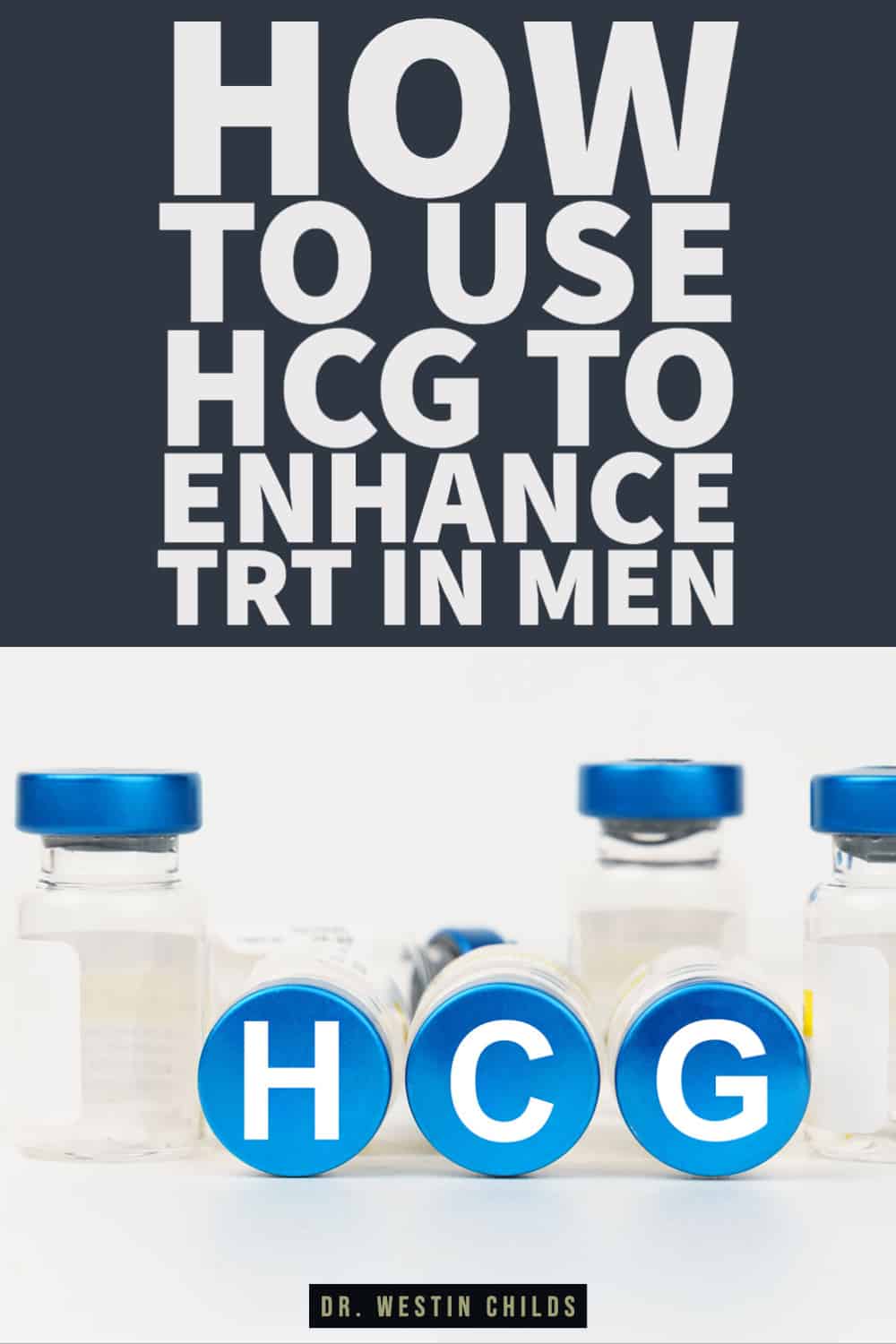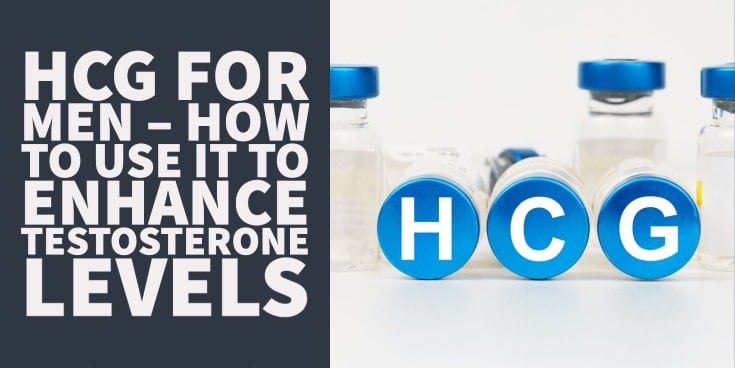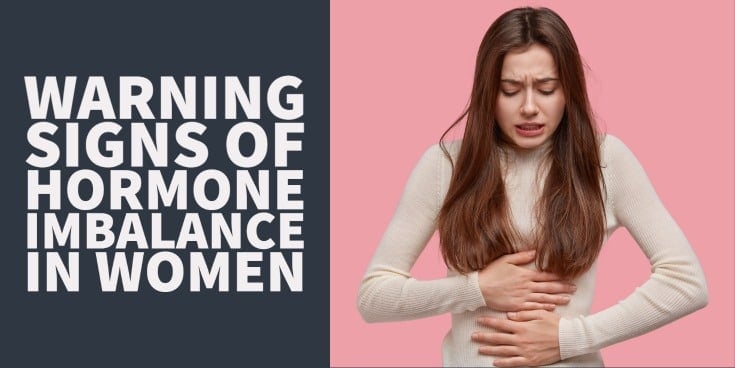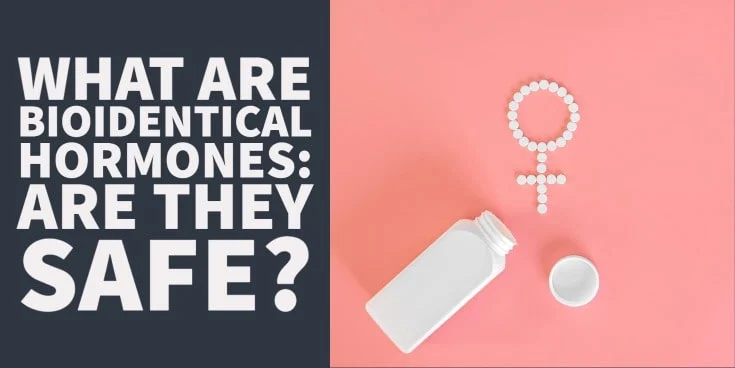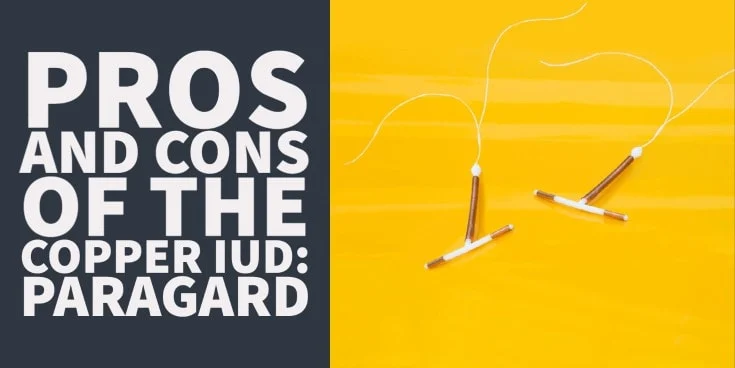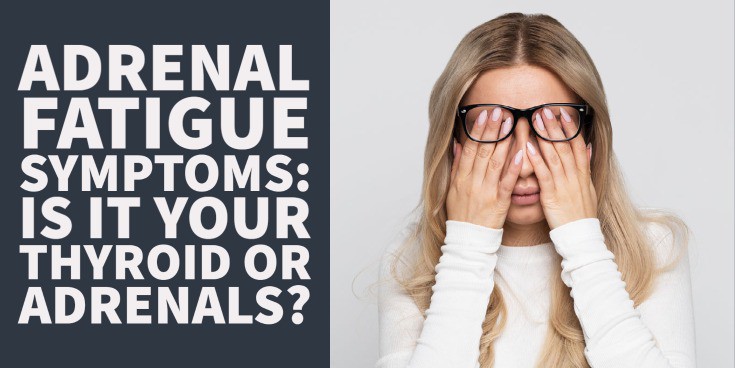Can using hCG help increase testosterone in men?
Is hCG required as part of a TRT regimen?
In this post you will find the answers to these questions and more, including how hCG can be effective in men, how it can help increase testosterone, help with weight loss, and more:
More about hCG
hCG, otherwise known as human chorionic gonadotropin, is a hormone that we often associated with women and pregnancy (1).
But what exactly is hCG?
It’s really just a hormone, but we often associate it with the hCG diet and tend to only think about it in those terms.
But hCG can actually be used in both men and women for many other purposes, especially as a part of hormone therapy.
hCG, in men, has been shown to improve testosterone levels, improve fertility, alter thyroid function (2) and potentially help with weight loss.
These benefits are thought to be mediated through the effects that hCG has on certain cellular receptors.
At the molecular level, hCG looks similar to another hormone known as LH (secreted by the pituitary gland) (3).
What this means is that hCG can lock onto and stimulate LH receptors, especially in the testicles.
Stimulation of LH receptors then goes on to help produce adequate sperm and testosterone production.
We can take advantage of this physiology by using hCG in certain situations to naturally improve HPT (hypothalamic-pituitary-testicular) function.
Using hCG as a Testosterone Booster, Does it Work?
It is well known that hCG can stimulate the production of testosterone in men.
And this is important because there are very few actual “testosterone boosters” available to men.
The only way to increase testosterone is to reverse conditions that prematurely lower it (such as insulin resistance), take exogenous testosterone (such as TRT), or stimulate natural production from the testicles (such as hCG).
I’ve previously written about testosterone boosters and why most of them are simply hype and marketing, but hCG is the real deal.
Small doses of hCG, ranging from 120 IU to 2,000 IU, increase serum testosterone levels in most men who take it.
This includes men taking existing testosterone and men who simply suffer from low testosterone from other causes.
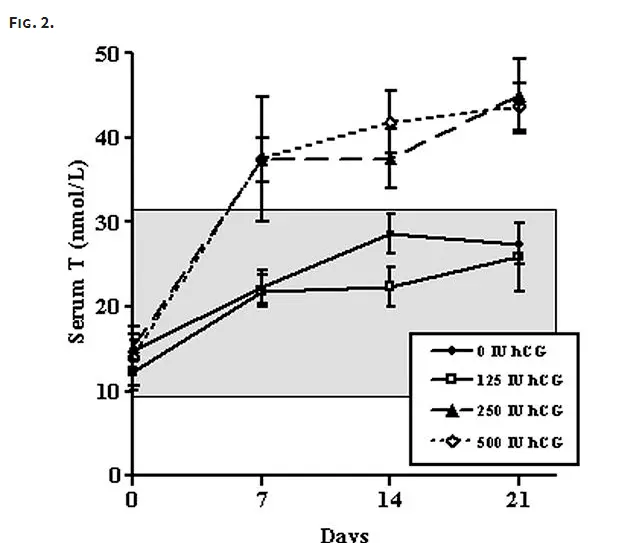
The question becomes:
Should hCG be used in men with low testosterone instead of testosterone?
The answer is probably not because there are better, more effective ways, to treat low testosterone.
We know that there is a natural, and inevitable, decline in testosterone production and testicular function in men which occurs with age.
At some point, usually around 50 years of age, men go through what is known as andropause, which results in very low levels of testosterone.
hCG can be tempting to use, especially if you suffer from low T, because it may be “easier” to get than testosterone.
A premature decline in testosterone is also becoming more and more common among younger men, especially in their 20s and 30s.
This decline in testosterone may result in fatigue, weight gain, an increased risk of cardiovascular disease, depression, and erectile dysfunction (4).
While it may be tempting to look to testosterone boosters, such as hCG or other marketed supplements, the best approach is to look at combination TRT therapy.
The symptoms of low T can almost always be abated with the use of exogenous TRT (testosterone replacement therapy), especially when combined with hCG.
hCG is an Important Part of TRT Therapy
hCG plays an important and critical role in men who are undergoing TRT (testosterone replacement therapy).
In fact, I believe that hCG is a necessary component of TRT and should be used in most men who consider using testosterone.
When men use exogenous testosterone (meaning testosterone from an outside source) the normal response is for the body to shut down its own natural production of testosterone.
These hormones, FSH and LH (secreted from the pituitary), are important, though, because of their role in maintaining testicular size.
In response to intramuscular testosterone (but really this can be expanded to include any exogenous source of testosterone) both FSH and LH will drop to very low (suppressive) ranges within 2-3 days.
This can largely be mitigated with the use of hCG which acts directly on the testis as an LH agonist.
The benefit to using hCG in this way is that men will NOT experience testicular atrophy (shrinking of the testicles) in response to testosterone administration.
Men who use TRT may complain of shrinkage of the testicles over time as well as testicular pain, both of which are felt to stem from reductions in LH.
In addition, the impact that hCG has on LH receptors in the testis will result in a minor increase in natural testosterone production (thus increasing testosterone levels).
This benefit occurs through manipulation of the intratesticular androgenic environment and may be why hCG can sometimes to be used to improve fertility in some men (6).
Does hCG Help with Weight Loss?
Perhaps one of the most well-known uses of hCG is for weight loss.
No doubt, by now, that you’ve heard about the hCG diet and how it can help with weight loss.
It’s worth pointing out that hCG is an effective tool for weight loss, but it should NOT be used in the “traditional way”.
But back to the hCG diet for a minute.
What you may not realize is that most men who use the hCG diet for weight loss do tend to experience more dramatic weight loss when compared to women.
This benefit likely stems from how hCG impacts testosterone levels in the male body.
Testosterone is probably one of the most effective tools (medications or otherwise) at helping MEN (and sometimes women) achieve their weight loss goals.
Testosterone improves body composition by increasing lean muscle mass, helping improve the metabolism of adipose tissue, and improving metabolic function.
The reason that men may experience more weight loss when using hCG, compared to women, is probably because of the slight increase in testosterone that occurs secondary to its use.
While I don’t necessarily recommend hCG for weight loss, especially by itself, it can certainly be used in conjunction with testosterone (TRT) for that purpose.
Testosterone + HCG, when combined with diet and exercise, can rapidly and dramatically improve body composition in men.
Unfortunately, the same is not always true for women, but it can still be effective in them as well.
hCG and Fertility
There is a difference between having high levels of serum testosterone and having normal levels of intratesticular testosterone.
It is the intratesticular testosterone (testosterone found in the testicles) that helps manage the production of sperm.
Because of the widespread use of exogenous testosterone (meaning IM, subcutaneous, or gels/creams), there is an increasing population of men that may be suffering from hypogonadism related to testosterone use (7).
This type of hypogonadism may result in symptoms such as decreased libido, depression, erectile dysfunction, and even low energy.
Most young and middle-aged men who fall into this history usually have a history of testosterone use (either medically prescribed or used for bodybuilding/weight training).
The problem with this type of therapy is that the use of exogenous testosterone, without hCG, may cause alterations in hypothalamic-pituitary-testicular function and lead to both low serum levels of testosterone and intra-testicular testosterone.
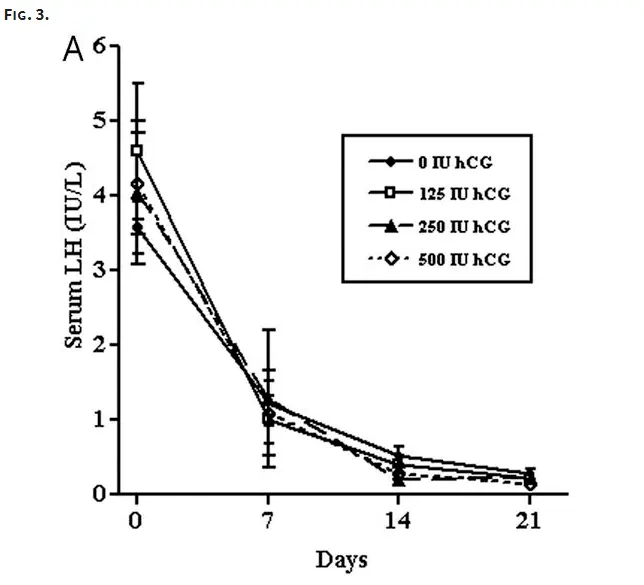
hCG, when used for fertility, typically only works in those men who either have gonadotropin suppression from exogenous testosterone use (9) (those with VERY low FSH and LH due to testosterone supplementation) or in those with hypogonadotropic hypogonadism (10).
Using hCG is incredibly important if you are a younger male and one who is still interested in potentially having children later, who is undergoing testosterone replacement therapy.
The use of TRT without hCG may result in high serum levels of testosterone but low intra-testicular testosterone which may then result in decreased sperm count and infertility long-term.
Using hCG in Men (How to Guide)
One of the best parts about using hCG is that you can obtain significant benefits from very low dosing.
Studies have been done comparing small doses to large doses and there appear to be diminishing returns with higher doses of hCG.
What this means is that you can accomplish a saturation of receptor stimulation at low dosages.
Whenever we can get away with low dosages, of any medication or hormone, we can reduce any potential negative side effects or responses by the body.
So what kind of dose should you expect to use, and with what frequency?
Often using anywhere from 125 to 250 IU’s 1-2x per week is sufficient for most men to notice a difference in testosterone levels and symptom management.
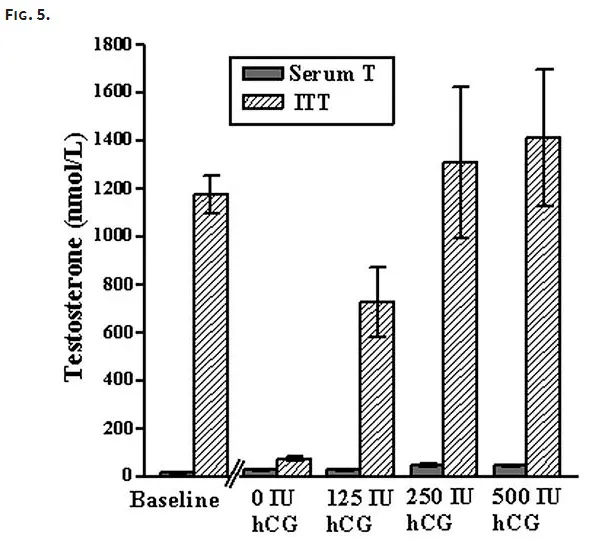
For best results, you will want to ensure that you are using hCG through the subcutaneous injection route.
You can administer hCG via an insulin syringe which reduces the risk of infection and damage to the local tissue.
Insulin syringes can be purchased from your pharmacy or online.
Make sure that you avoid oral preparations or sublingual preparations of hCG as they are not as effective as subcutaneous injections.
For certain conditions, such as hypogonadotropic hypogonadism (11), a higher dose of hCG may be recommended (with a higher frequency as well).
The length of time that you should use hCG depends on what you are using it for.
hCG should be used in conjunction with testosterone as part of a complete TRT regimen (and this use should continue as long as you are using testosterone).
Not all men who use exogenous testosterone will experience testicular atrophy or infertility, but using hCG should still be used to help normalize HPT axis function.
If using for infertility, as what may be necessary if you have a previous history of using exogenous testosterone, then you may only need to use it for a short period of time (months) to restore testicular function.
When in doubt, consult with a knowledgeable physician who understands hormone management.
Side Effects of Using hCG
hCG, as a hormone, is actually fairly well tolerated both in men and women.
Most men who use hCG will NOT experience negative symptoms and instead will realize the positive benefits of increased testosterone.
Rarely, you may experience some off-putting symptoms, but many of these may subside over time and with repeated use.
Some, such as those caused by high estrogen, will need to be treated or managed and not ignored.
Side effects of using hCG in men include:
- Increased acne
- Bloating
- Headache
- High estrogen symptoms (rare)
- Swelling of the extremities
- And pain or nodules at injection sites
If you experience these side effects, your best bet is to simply reduce the dose or frequency.
If you are using 250 IU’s then switching to 125 IU’s will usually do the trick.
If you are taking it twice weekly, simply reduce it to once weekly.
If possible, try to maintain some usage of hCG (especially with TRT) by manipulating both the dose and frequency.
Wrapping it up
hCG is an important hormone that can be used in both men and women to potentially regulate hormone function.
It is particularly effective in men who are undergoing a TRT program or regimen.
hCG, when used in this way, can reduce testicular atrophy and prevent infertility.
hCG can also be used to restore fertility, in certain situations, and help with weight loss (if combined with diet and exercise).
Now I want to hear from you:
Have you used hCG?
Did it help to regulate your hormones?
Did it help to reduce your symptoms?
Why did you use it?
Leave your comments or questions below!
